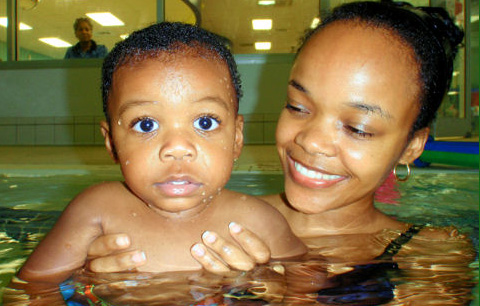
Sometimes when things aren’t going right, we try to do more, not less. This can be especially true with kids. When they aren’t listening, we raise instead of lowering our voices. If something is challenging them, we jump in with a string of ideas, instead of giving them space to figure it out on their own.
Often, the opposite of what we actually do would be more effective with them.
Yes – in our culture – the assumption is always more. Whether it’s time, attention, focus or love. Could it be that we’re wrong?
We’re probably not wrong all of the time. For sure, there are some times that showing more is the answer. However, sometimes over-doing is part of the problem and simply hinders the child’s personal development.
By over-doing extreme dependence can be developed rather than self-reliance. And this can often be difficult for the child to overcome.
A child may believe she can’t manage her schoolwork without lots of help.
Another may believe she can’t feel good about herself without constantly hearing it from others.
Constantly “doing for” can cause helplessness to be reinforced instead of resilience. Adults often do it to feed the need in themselves to solve the problem for the child instead of having the patience to watch and allow the child to struggle through resolving something for themselves.
This doesn’t mean we can’t be empathetic to others feelings and help. But that help needs to allow room for self-development – which requires us to tolerate their pain. Although it can be very hard to do, it is only when this tolerance is raised that a child is motivated to become self-reliant.
When More is Best
Here are 4 times when more is better than less:
- When you do less empathizing, less “meeting her needs,” and less focusing on her, you are actually a more caring and more responsible parent.
- When you’re doing less fulfilling needs yourself, you are helping him to be responsible for his own.
- When you think less about your child’s “feelings,” you are helping him function at his best.
- When you don’t buy into whining and complaining, you’re helping him manage and regulate himself.
It’s very important to be there to support each child – whether our own or those we teach or lead. But we should be there in ways that the child actually needs and staying out of the way of their personal development.
This Isn’t Non-Parenting
Holding yourself back from “over-doing” is not non-parenting. In fact, being thoughtful and judicious about how support is provided to a child is more challenging and takes more energy than over-doing. It’s harder because we naturally want to “do.”
Source: www.empoweringparents.com


Conversations